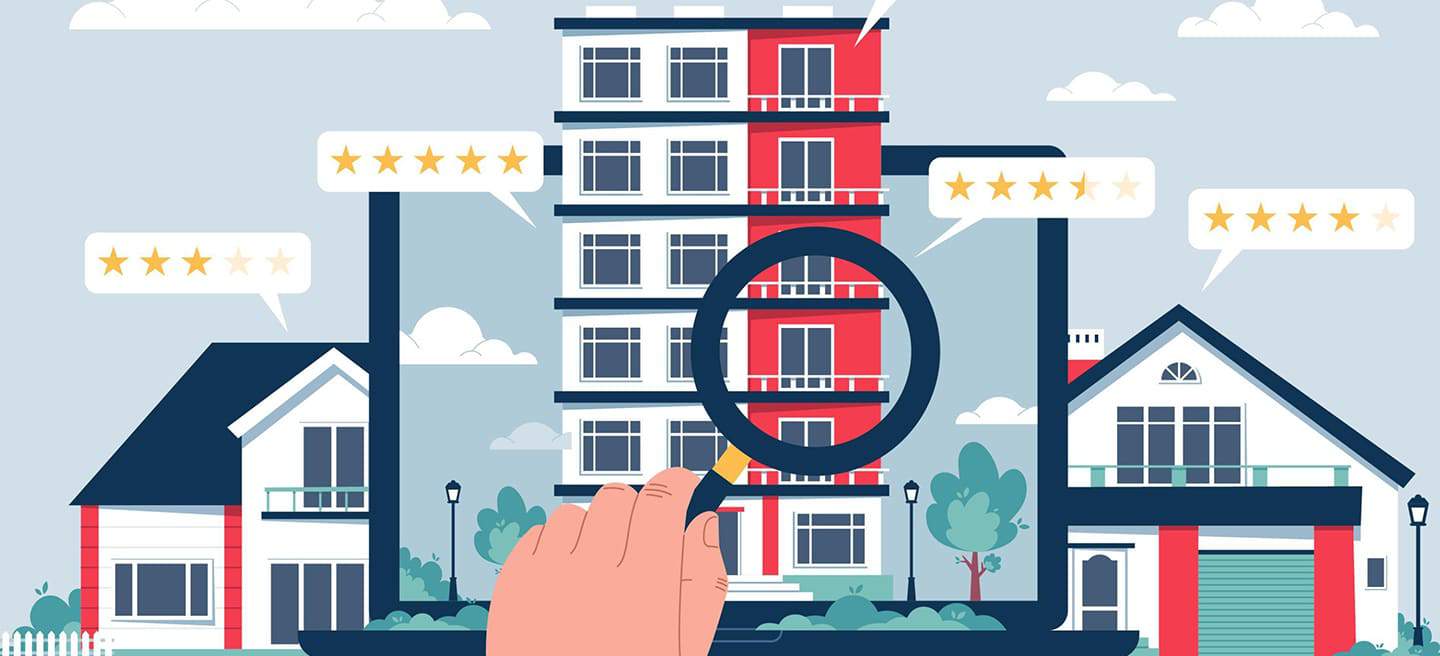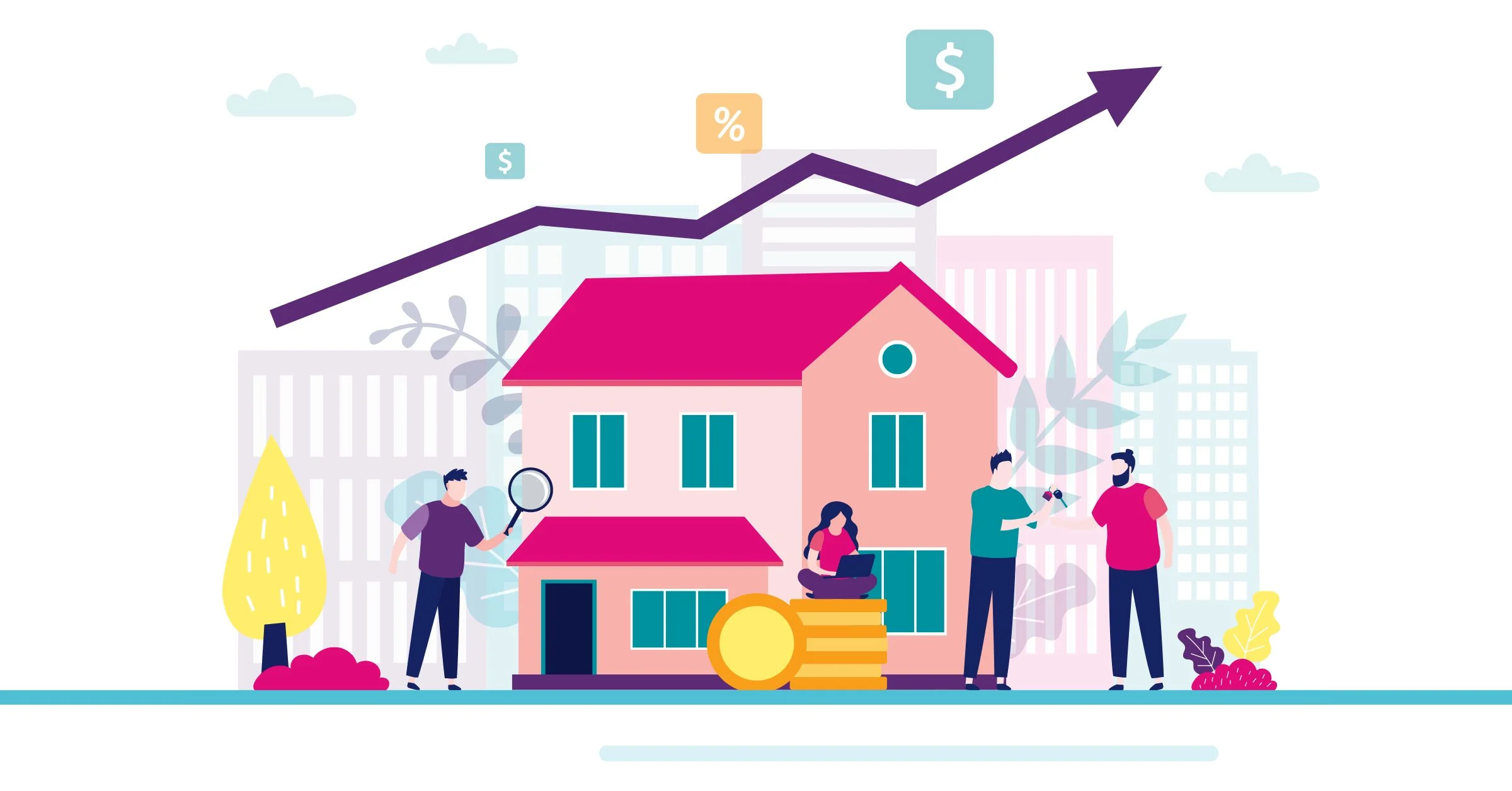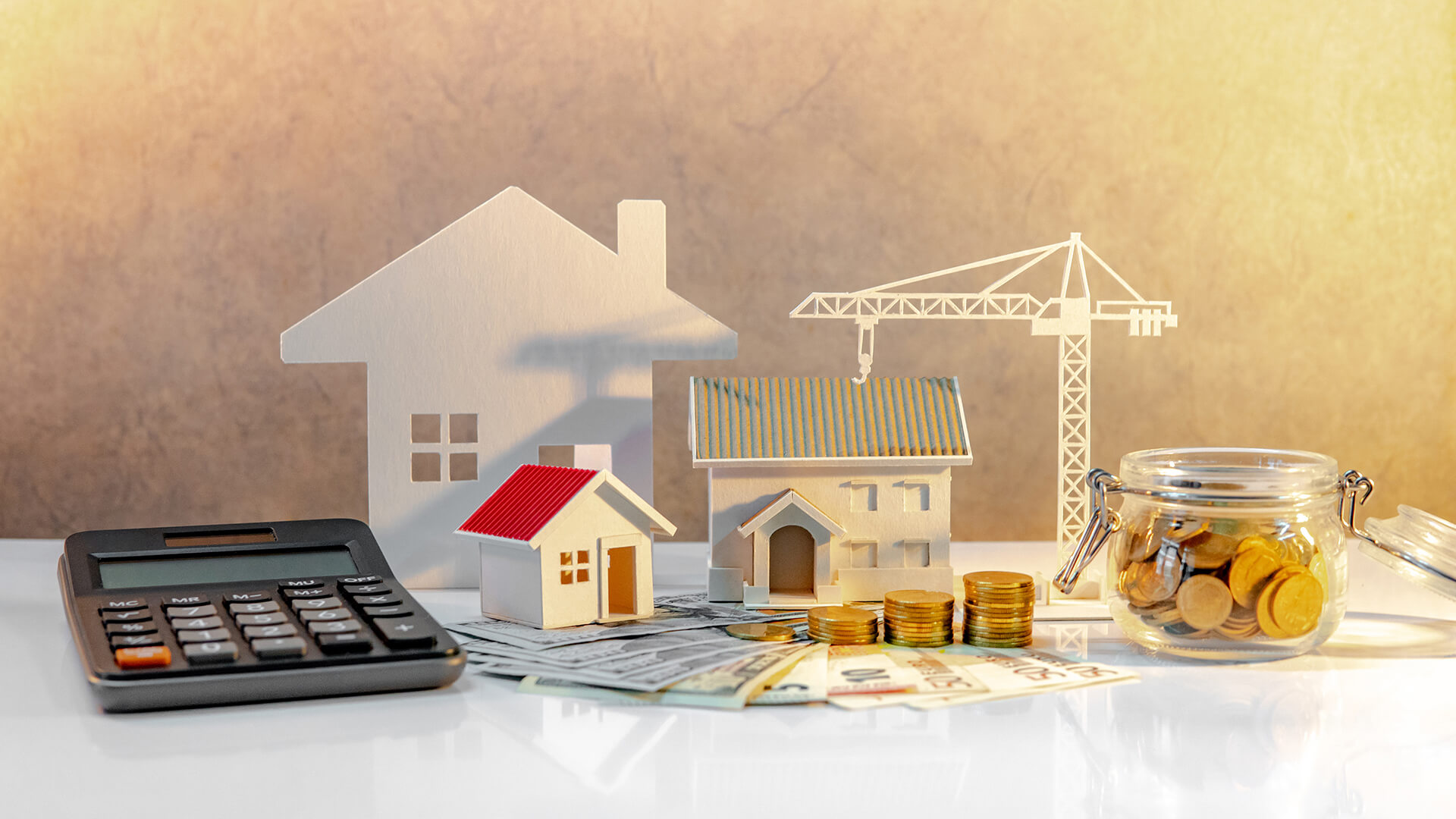
- Oct 27, 2023
- 5 min read
Building launch of energy efficient homes – Green Village
Every house buyer tries to meet all their wish list criteria when selecting a po ...

- Oct 18, 2023
- 3 min read
Choosing the Right Location for Real Estate Investment
Location, location, location! It is always key to success to have the right loca ...
.png)
- Oct 16, 2023
- 4 min read
Housing Development in Spain: An In-depth Analysis
Spain, with its inviting beaches and rich history, extends its charm beyond tour ...

- Oct 12, 2023
- 4 min read
The Elusive Property Ladder: Challenges Faced by Millennials
The dream of homeownership has long been a cherished goal for individuals and fa ...

- Oct 19, 2023
- 5 min read
Unveiling the Multifaceted World of Investors: Which Type Suits You Best?
In the captivating realm of finance, investors come in a myriad of forms, each w ...

- Oct 12, 2023
- 3 min read
Benefit from Cross-Border Real Estate Investment Opportunities
In today’s global economy, real estate investment has transcended geograph ...

- Nov 18, 2023
- 4 min read
Demystifying Key Financial Metrics for Assessing Real Estate Investment Opportunities
Real estate investment can be a lucrative endeavor, but it is essential to have ...

- Nov 21, 2023
- 7 min read
The Advantages of Investing in Property Development Companies
In the last few years, investing in property development companies has been of i ...

- Dec 21, 2023
- 10 min read
Outlook for the Construction Industry
We get the insider opinions of Sergiu Coman and Eugeniu Dedko, CEO and technical ...

- Apr 26, 2024
- 7 min read
7 Reasons to Invest in Real Estate
Real estate is a great investment avenue. When done correctly, it may often gene ...




